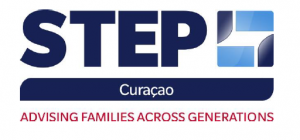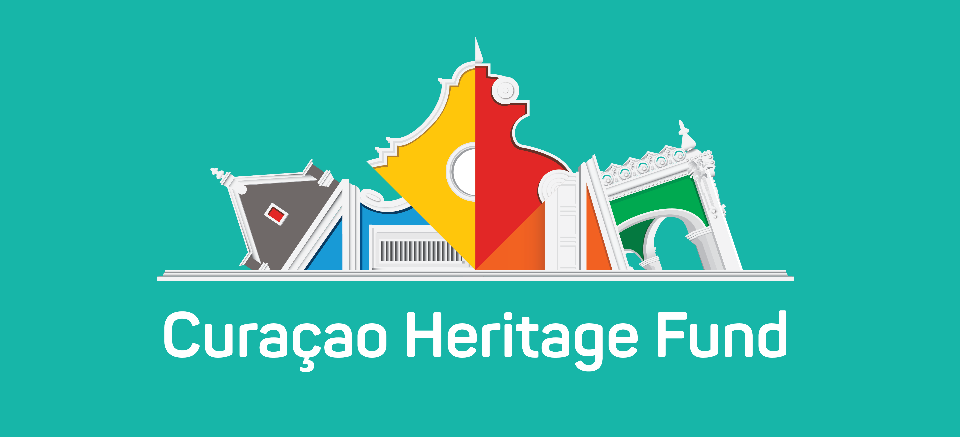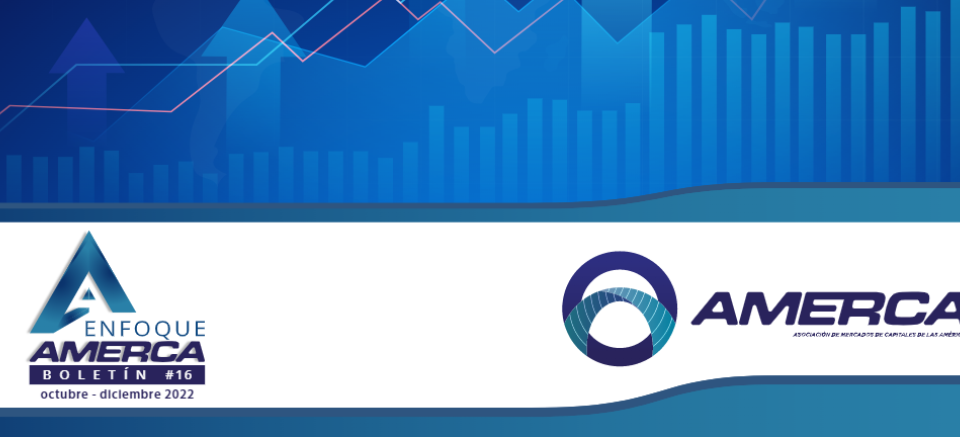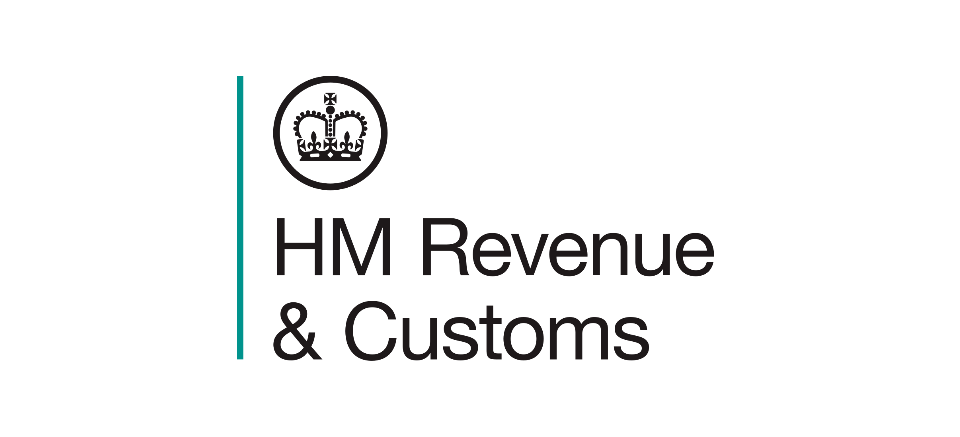- Contact us
- +599-9 461 4545
- info@dcsx.cw
The Benefits of Listing for Local Companies

DCSX expands Executive Team
October 2, 2018
Warning Notice!
July 24, 2019On September 28, 2018, STEP (Society of Trust & Estate Practitioners) Curaçao organized a luncheon titled “The Benefits of Listing for Local Companies”. The presentation was given by René Römer, CEO of the Dutch Caribbean Securities Exchange (“DCSX”).


The DCSX and Local Listings: Why?
Financial Institutions, companies, and individuals on Curaçao have significant ‘idle savings’ that are currently not being invested back into Curaçao’s economy or at least not quickly enough. These savings are sitting in local and foreign investment accounts – generating often times very low returns. At the same time, it is understandable that financial institutions have to be very careful when dealing with other people’s money. Financial institutions must have a well-balanced risk appetite. So what we can do to as yet kick-start investment and finance activity?
One of the goals of the DCSX is to provide a platform where investors (the mentioned ‘idle savings’) can be connected to business in Curaçao that wishes to expand or have a specific initiative in mind, on a transparent platform, thereby providing increased returns to investors, and growing the economy of Curaçao. The DCSX provides this platform to Dutch Caribbean and the world. However today, under awareness of the importance of the exchange for the local economy we are focusing on the local market.
The mission of the DCSX is to create prosperity by connecting investment opportunities for investors. Investment opportunities are created by companies who list on the exchange. By being listed on the exchange companies get connected to investors. But how does it work? When a company is considering being listed on the exchange, the company needs to select a DCSX appointed listing advisor and a DCSX appointed listing broker. The listing advisor will guide the company through the process of listing. This works as follows. First, the company needs to prepare a prospectus or listing memorandum, which is similar to an extensive business plan/case. This does not mean that the prospectus needs to be extensively long. A good case can be made in 40 pages. The listing advisors will guide the company on how to prepare the prospectus. The next step is to provide the required KYC (Know Your Client) documentation for which the listing advisor is responsible to deliver to the DCSX.
After the prospectus has been reviewed by the DCSX staff, it will be sent to the listing committee who will review and approve (or not) the listing. Once the listing is approved it is up to the listing advisor and the company to promote the listing with a road show with the help of the selected DCSX appointed Broker. Why is a road show important? It is important to let people know about your product or project. The Listing itself is not a guarantee that you will obtain all the necessary financing you are seeking. The roadshow is what will make a difference: that is where the company sells itself.
Successful Local Listings on the DCSX
The first local listing on the DCSX was the bond issuance for Building Depot Member Services (“BDMS”). BDMS is a consumer finance company operating under Building Depot Holding, which provides in-store credit to shoppers of Building Depot. The BDMS chose for a bond issuance on the DCSX and successfully raised funds. This was possible with the help of the financial advisor, the listing advisor, and brokers that used their extensive connections in the Caribbean to raise the required capital in a very short period.
The next success story belongs to Curaçao Heritage Fund which also chose for a bond issuance on the DCSX and successfully raised the required funds. The Fund was established by the Curaçao Financial Group (CFG) who needed financing to acquire several Pietermaai Buildings from the present owners. The third successful local project is also a very interesting case; the case of EoM, the financing was about a very specific case of basically a buyout of part of an existing business. Also, this one was done thru a bond issue.
As you can see there is a clear appetite for these type of bond investments. This should now develop into a well functioning and liquid capital market where investors cannot only buy and hold but actual trade their investments. The DCSX is the platform where this can take place. The DCSX is a marketplace not a bank or pension fund. As such the DCSX is not competing but is there to fill a need/gap in the capital market.
One of our main challenges is a mentality shift from traditional financing. This can only be achieved with continued education.
The case for Government NVs
During the years we have all heard about several large financing deals for Government NVs. Obtaining financing by listing such Government NV was however never on the agenda. Why? There is a general “scare” that by listing a company you will lose your power in decision making. This could be partially true if we are talking about an equity issuance. As such, there is, however, another instrument that is more suitable for government-owned entities: the issuance of bonds. With the issuance of bonds, the business’s ownership structure won’t be affected. The company issues debt notes/bonds via DCSX, which are invested into by investors. A good example is, for instance, Aqualectra who are in the process of a total refinancing. Aqualectra has been granted a good risk rating by international agencies and would be an ideal case to be offered to the public.
What are the benefits of listing for government-owned companies? Listing creates transparency, which decreases political influence. For example, regular financial insight will bring less political lines or preferences. Management decisions become more transparent and are in the interest of the shareholders and the company. By listing a company the government can attract capital for pending projects through third parties that contribute with capital and/or expertise but also create local participation which creates a sense of ownership that will result in motivated employees and a general sense of pride in the company amongst the general population. In addition, being listed also increases the profile and status of the company internationally.
When we talk about government-owned companies that could be listed, we are talking about well-run government-owned companies that produce information and financials on a regular basis. Other examples of government entities that are good candidates to be listed are Curoil and CPA. The listing would not necessarily need to be for the entire amount that is needed but can also be for a certain percentage of this, at least in the beginning, in order to enhance the comfort level among all participants, the issuer as well as the investors.
Capital raising for Local Businesses
For local businesses listing means raising capital for investments from investors in an environment where capital can move freely, and investors have confidence in the legal and regulatory environment.
To summarize these are the general benefits of listing on the DCSX:
- (International) Funding and Exit route
- Opportunities for mergers & acquisitions
- Value and liquidity creation for existing shareholders
- Reduced reliance on institutional financing
- Corporate Governance & Timely disclosure of Corporate Information
- Brand Value Creation and Profile elevation
- Fair value and Collateral value of securities
- Further capital raising options
- Succession Planning
- Attract and Retain talent and create a sense of ownership
In conclusion, we strongly believe that there is an appetite and need for a strong functioning capital market in Curaçao. There are alternative ways of funding like the issuance of bonds at competitive rates, that are not being explored but could be a solution to obtaining financing for specific projects, especially for government-owned entities.







